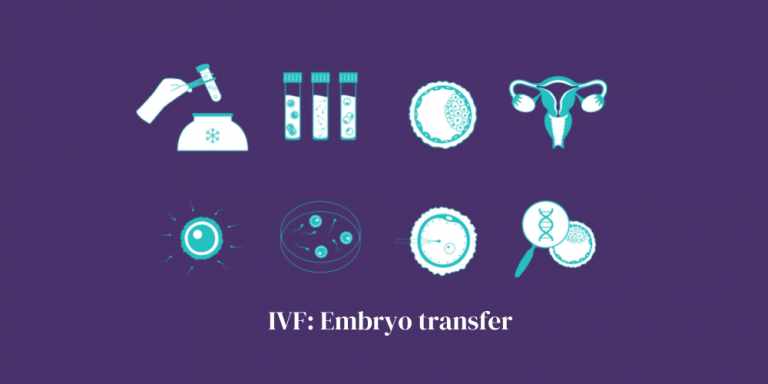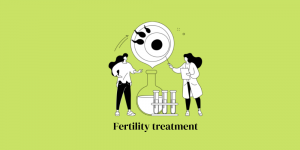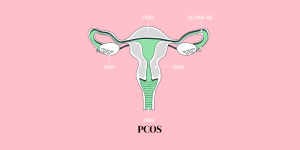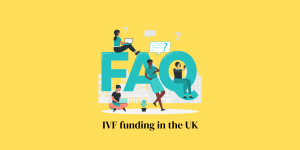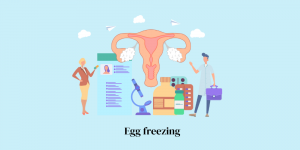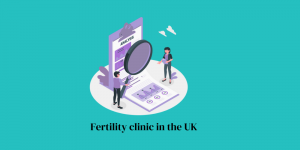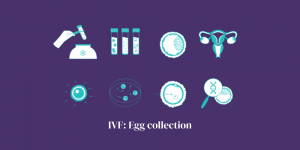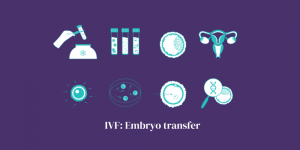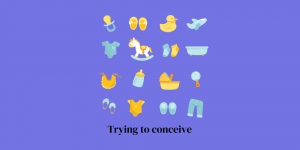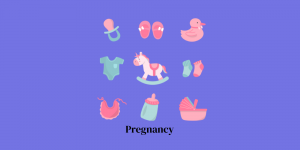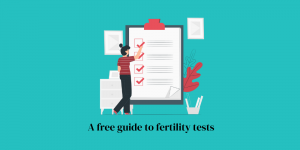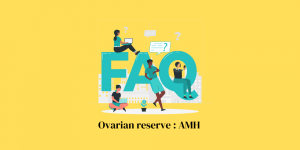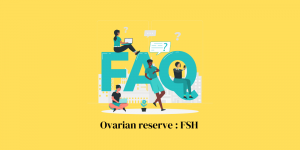What can I do after embryo transfer?
You will be told what medication to take by the clinic nurse after embryo transfer. You will need a supply of panty liners or sanitary pads; in case of spotting or bleeding.
Relax for the rest of the day and evening. Full bed rest is not required following your embryo transfer as this has not shown to increase the chances of embryo implantation. If you feel up to it, you can return to work the following day and carry on with regular daily activities.
What should I avoid after embryo transfer?
Following embryo transfer, it is best to avoid:
- Smoking, vaping, nicotine patches and other nicotine products.
- Alcohol, caffeine, cola drinks and other unhealthy stimulants.
- High impact or rigorous activities (for example, jogging, running and swimming).
- Lifting heavy objects.
- Sexual intercourse.
- Extreme hot and cold temperatures (for example, hot baths, using heating/ice pads).
Tip: Some women prefer to go back to work after embryo transfer as they feel they are less anxious when they are focused on other tasks. Other women prefer to take two weeks’ off to avoid any stress at work. If your work involves physical activities, it is worth speaking to your manager to see if you are able to rearrange your work to avoid strenuous activity, for the next couple of weeks. If you are not sure how to have this conversation with your employer, please get in touch, and we can provide advice.
What next? The two-weeks wait and pregnancy test
Once the embryo/s have been transferred, you will be advised to wait two weeks until taking a pregnancy test. Two weeks after your embryo transfer, you’ll be able to find out if the embryo has been implanted successfully with a pregnancy or a blood test.
If you are pregnant, the fertility clinic will offer an ultrasound scan at around 7 weeks to confirm the fetal heartbeat. If a fetal heartbeat is detected, the clinic will refer you to your GP, who will connect you with a midwife and gynaecologist.
If you are not pregnant, you will need to stop taking progesterone medication and will likely get your period within a week.
Tip: Most clinics offer a free follow up consultation after a failed cycle. We recommend you take this opportunity to review your last treatment cycle (e.g. how your body responded to the medication, potential causes of a failed cycle) and to discuss the next steps with your fertility doctor. You should also ask if it is necessary to have a new treatment plan for your next cycle.How does covid-19 change things?
You might be asked to have a COVID-19 test before the embryo transfer procedure. If you test positive, your embryo transfer will be cancelled, and the embryo/s will be frozen until you have fully recovered and a test shows that you are clear of the virus. According to the HFEA, you should wait 28 days after you have recovered from COVID-19 before beginning or continuing with treatment.
You should stay at home during your treatment as much as possible in order to reduce the risk of transmission. Unnecessary exposure to risks of COVID-19 infection should be prevented by limiting interactions with individuals of different households.
Read more frequently asked questions for patients on Coronavirus (COVID-19) from HFEA’s website (click here)
Content last reviewed : 17 March 2022

